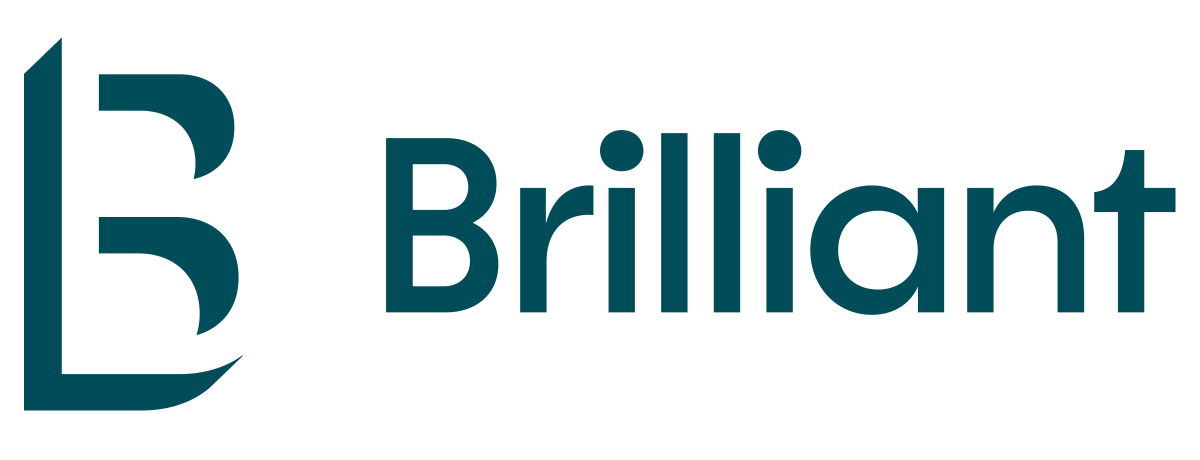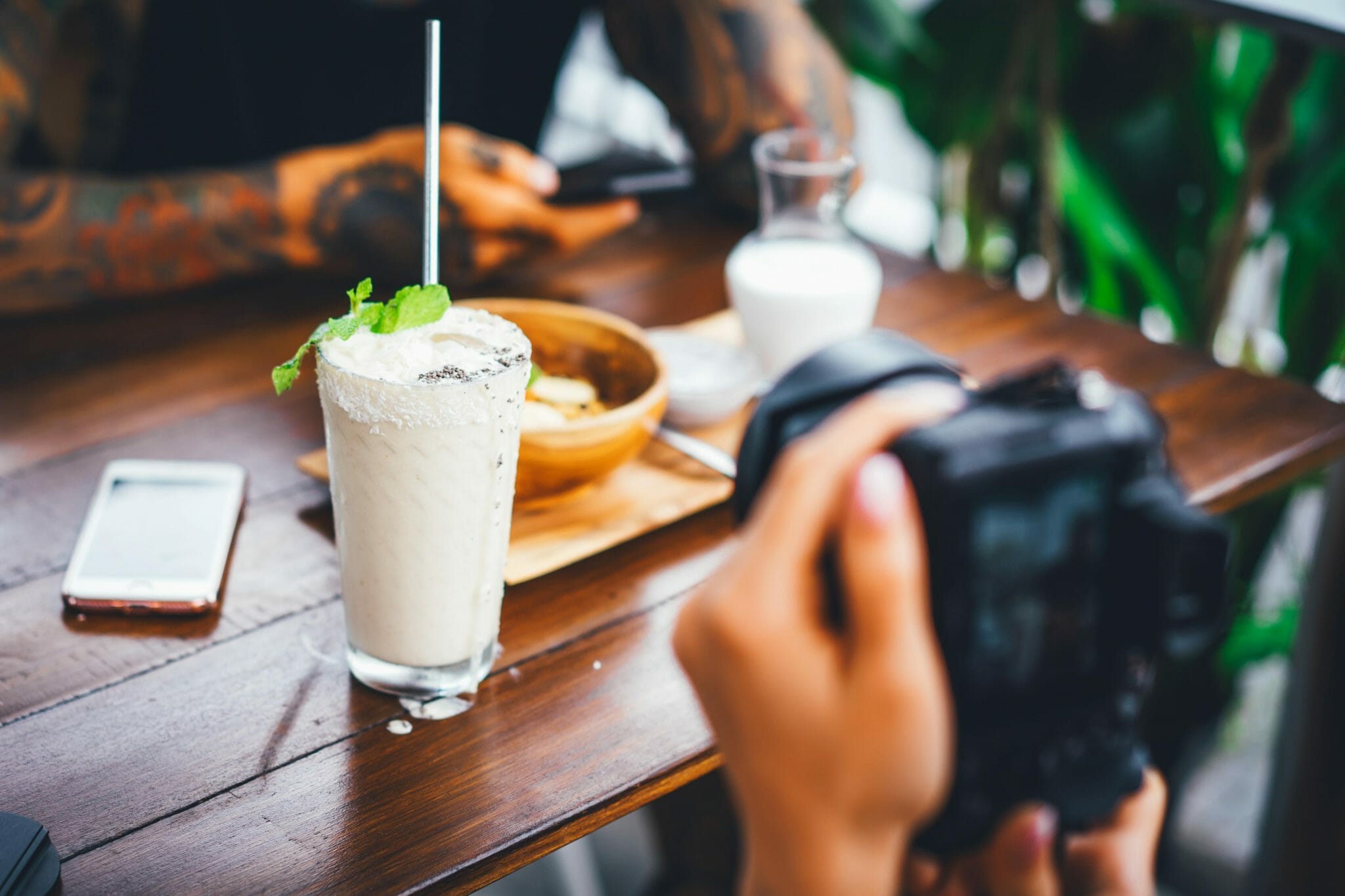Each week our team comes together to debrief, and share key stories and insights from the news cycle. Take a gander below and find out what’s caught our attention this week.
Tetley is dunking into the world of no/minimal plastic – nice one, Tetley!
Although the teabag they currently utilise only includes a small amount of plastic, their goal is to eliminate this all together – I guess if there’s a way that their bags can work without it, then why not!
Daniel Selwood discusses in the Grocer; Tetley has been working closely with Purico to create a biodegradable filtration paper made from corn starch and vegetable sugars, meaning it can be thrown straight into the composter – guilt-free!
Tetley is certainly setting an example in the hot beverage industry, by spending time looking at environmentally-friendly alternatives, and we hope others will soon follow the lead!
Read more via The Grocer.
Solero strips back packaging.
Unilever are ditching the individual plastic wrappers on ice lollies. As part of their #GetPlasticWise initiative to make all of its plastic fully reusable, recyclable or compostable by 2025, Unilever have switched the packaging in a bid to cut down on single-use plastic. Their organic peach ice lollies will be sold in multipack cardboard boxes that are widely recyclable across the UK. The polyethylene coated cardboard is similar to what is used in single-use coffee cups but with a reduced plastic content of 5%. The trial will run on Ocado from the 17th June and, if successful, could reduce the plastic packaging used across more of Unilever’s frozen products.
Read Unilever’s full Press Release, here.
Bird-brained or a peek into the future of marketing? Birds Eye get neuroscientific with how they measure creativity.
Bird’s Eye have announced this week that as part of a restructure of their marketing strategy they’re delving into neuroscience to better measure creativity and its impact for their brands. They’re seeking to get a better understanding of people’s ‘emotional connection’ to their marketing messages to make better decisions with the direction for creative campaigns. These new techniques have already informed the decision to bring back Captain Birds Eye as he was highly recognisable and had a high score for emotional connection. They also used data to bin the Aunt Bessie characters Mabel and Margaret who were highly recognisable but scored in the lowest 20% in terms of emotional connection. The new Aunt Bessie’s campaign sees a Dad heroically rushing home in time to cook tea for his kids.
Find out more at Marketing Week.
FMCG brands and their quest into influencer marketing.
The modern-day Instagram influencer has been around for some time now. And now a huge opportunity has arisen, with the addition of shoppable posts and with brands being given the ability to directly promote and amplify their partners posts. But can food and beverage brands leverage this tactic with their FMCG influencer campaigns, in the same way apparel brands can?
Although only 7% of grocery shopping takes place online, compared to 25% of fashion purchases, there’s a strong case that well thought out influencer led content, that’s cleverly positioned around a FMCG’s brand values could play a huge role in nudging the customer a little closer to eventually buying, whether that’s directly online or later down the line in the supermarket.
Read on The Grocer.


